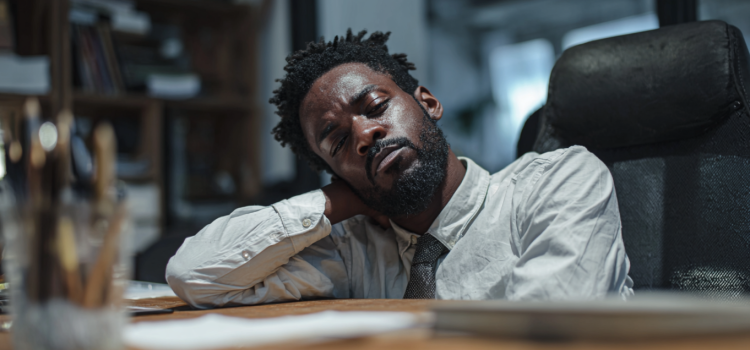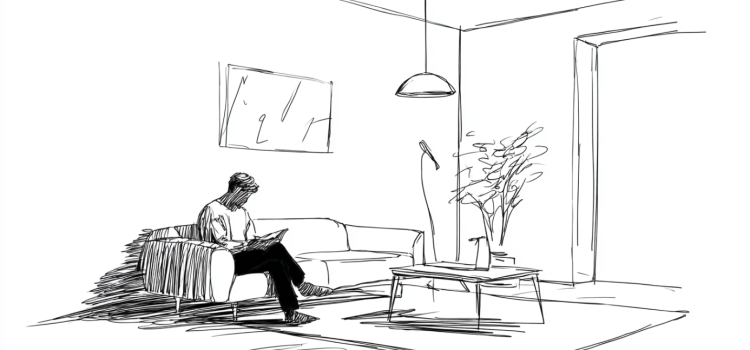Do you have to collaborate with others at work or in school? Are you ever paired with someone you don’t see eye-to-eye with? In Collaborating with the Enemy, conflict resolution expert Adam Kahane draws on his experience mediating high-stakes conflicts. Kahane’s “stretch collaboration” framework shows how to embrace both conflict and connection, experiment with different solutions when the path ahead isn’t clear, and focus on changing your contribution rather than trying to change others. Keep reading to learn what stretch collaboration is and the principles that make up its framework.
What Is Stretch Collaboration? The 3 Principles (Adam Kahane)










